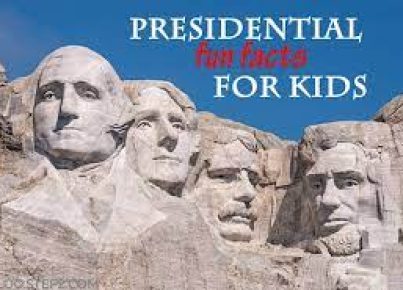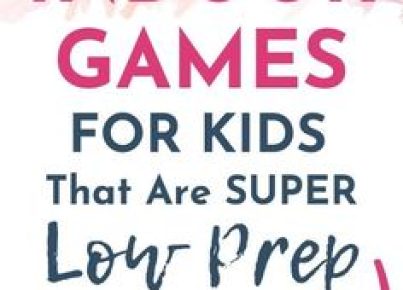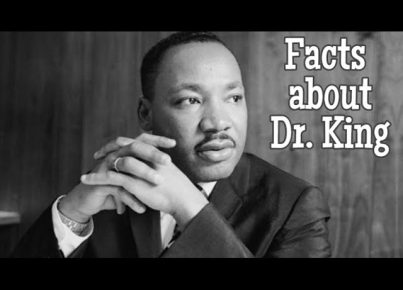With bans in schools, Florida churches are taking an active role in teaching Black history to ensure that the community’s children have access to this essential part of their education. Amid discussions on critical race theory and the legislative measures restricting certain aspects of history lessons, religious organizations are stepping in as sanctuaries of knowledge.
In community halls and Sunday school rooms, church leaders and volunteers are organizing workshops and lectures dedicated to African American history. Lessons range from the history of slavery and civil rights movements to the accomplishments of notable Black figures in science, politics, art, and other fields. These programs aren’t just for children; they extend an invitation to all ages, encouraging intergenerational dialogue and understanding.
By providing a comprehensive Black history education, churches are filling a gap left by the school system’s limitations. This initiative emphasizes that understanding the past is crucial for shaping a more inclusive and equitable society.
Advocates for these church-led educational programs argue that knowing one’s heritage fosters a stronger sense of identity and community cohesion. They also see this movement as a form of peaceful resistance against what they perceive as censorship within the educational system.
Critics of the ban argue that withholding parts of history, especially those relating to race and inequality, deprives students of a well-rounded understanding of their country’s past. They fear that by not confronting uncomfortable truths, we may be doomed to repeat them. Conversely, supporters of the restrictions argue that they protect children from divisive concepts.
Florida churches spearheading Black history education have received support from various corners, including historians, educators, and civil rights organizations. Their initiative goes beyond mere protest against educational restrictions; it demonstrates a commitment to preserving cultural heritage and enlightening future generations.
This movement within church communities has sparked a vital conversation about who decides what is taught to our children. As this debate continues both within Florida and around the country, these churches serve as beacons for those who believe that understanding all facets of American history is key to progress and unity.




